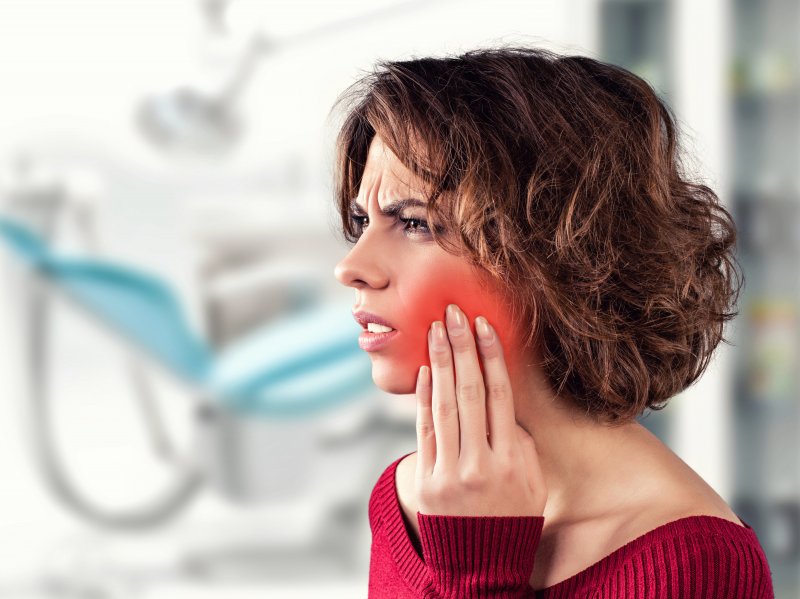
No one wakes up thinking they’re in danger of suffering from a dental emergency that day, but accidents and health issues involving your teeth and mouth can happen without warning. You might have a severe toothache that seemingly came from nowhere, or you might break off a tooth when you hit your mouth after a nasty fall. How will you know the difference between a minor issue and one that requires attention from an emergency dentist in McMinnville? This is an especially important question to answer during a time when COVID-19 has caused practices to close their doors except to patients who need urgent care. In this post, you’ll learn how to recognize dental emergencies and what you need to do about them.
What are the Signs That You Need Emergency Attention?
From infections to injuries, there are all kinds of reasons why your smile might be in danger. Not all of them share the same symptoms, but they generally involve some level of pain or a noticeable injury (such as a chipped tooth or bleeding gums). Here are just a few warning signs that you should be particularly wary of.
- Severe Toothaches: If a tooth is merely sensitive, it should be examined, but it’s likely not in imminent danger. On the other hand, you should definitely make an emergency appointment for high levels of tooth pain that don’t go away.
- Loose Teeth: Adult teeth only come loose if their roots have been injured or if there’s an infection underneath them.
- Oral Swelling: Swelling in your mouth could point to various issues, including a salivary gland infection, gum disease, or an impacted wisdom tooth.
- Visible Damage: Not all chips and cracks are dangerous, but you won’t know the extent of the damage until a full examination has been performed.
What Should You Do During an Emergency?
After you’ve made your emergency appointment, your goal should be to prevent the situation from growing worse in the meantime. This might involve:
- Taking an over-the-counter painkiller such as ibuprofen
- Applying an ice pack to swollen areas in your mouth
- Using a piece of gauze to control any bleeding that might have occurred (and calling the emergency room if it doesn’t stop)
- Gathering broken pieces of your teeth or any lost restorations
- Placing any lost teeth back in their sockets or in a glass of milk to preserve them
- Avoiding hard foods that could make the situation worse
Your dentist will provide specific instructions tailored to your situation when you call. Even if you’re not sure that your particular case counts as an emergency, it’s a good idea to call anyway; you don’t want to end up paying for a complex procedure that you could have avoided had you acted sooner.
About the Author
Dr. Natalya Ramsay is highly passionate about the dental field. She wants all of her patients to enjoy clinically excellent dental care in the comfort of a warm, friendly dental practice. At her practice, Evans Street Dental, she offers same-day appointments for emergencies as well as early morning and late evening office hours. You can get in touch with her by visiting her website or calling (503) 472-1402.
